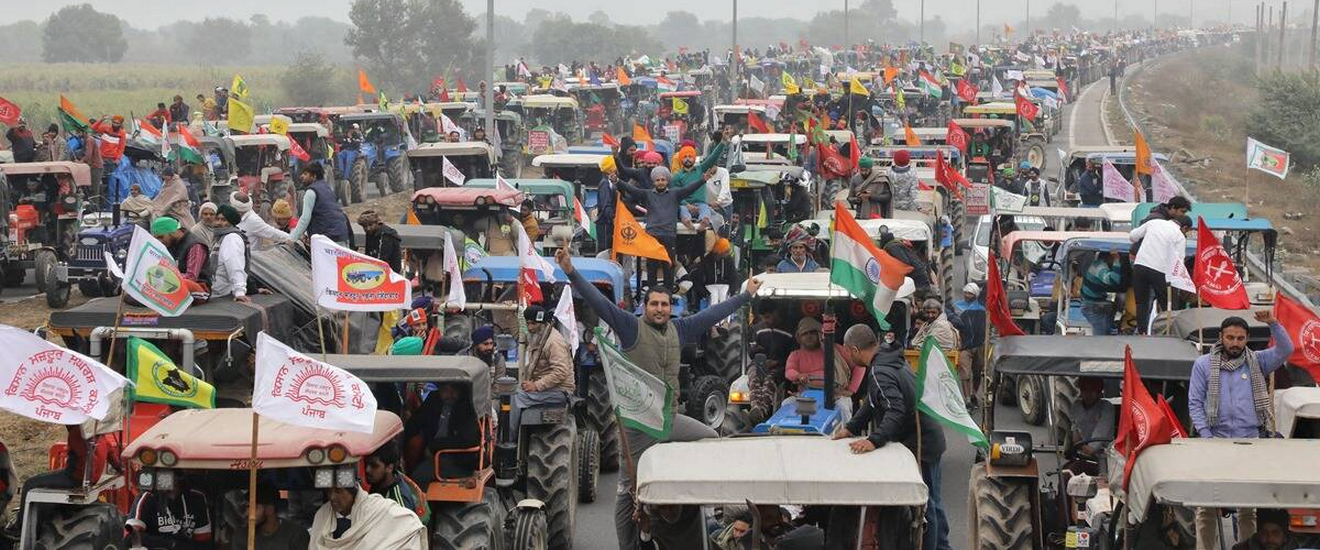Analysis
The Supreme Court’s Interim Stay of the Farm Laws: Creating the Space for a Novel Solution?
Petitions filed before the Supreme Court challenging the constitutional legitimacy of the farm laws.

On 12 January 2021, the Supreme Court in Rakesh Vaishnav v Union of India & Ors, ordered an interim stay on the implementation of three farm laws: Farmers (Empowerment & Protection) Agreement of Price Assurance & Farm Services Act, 2020, Farmers Produce Trade & Commerce (Promotion & Facilitation) Act, 2020 and the Essential Commodities (Amendment) Act, 2020.
Three petitions are before the Court: one challenges the constitutionality of the farm laws; the second supports the implementation of the laws and; the third, filed by some NCT Delhi residents, claims that these protests violate their fundamental rights.
The Court has heard these petitions thrice since December. In an early hearing, before the Christmas vacation, the Court emphasized the protection of the farmers’ fundamental right to protest so long as public order was not disturbed. In the second week of January 2021, a three-judge bench led by Bobde CJI stayed the farm laws as the Union Government was unable to reach a negotiated settlement. It went on to set up a four-member Committee to negotiate between the farmers and the Government.
Can a court stay the implementation of legislation?
Historically, courts are reluctant to grant interim stays on legislation. As legislation emanates from a democratically elected legislature they’re presumed to be constitutionally valid [Bhavesh Parish v. Union of India]. The courts grant interim stays only when a legislation may be characterized as ‘manifestly unjust’, ‘glaringly unconstitutional’, or would cause ‘irreparable injury’ and go against ‘public interest’. This is a high standard to satisfy.
Notably, in the three court hearings, no party asked for an interim stay or showed how the farm laws deserved such an order. Moreover, the court has denied such relief in several recent cases like Aadhaar, Electoral Bonds and the Jammu and Kashmir case.
The court appears to rely on its recent interim stay in the Maratha Reservation case. However, in this case, parties had argued substantively for 15 days and actively sought an interim order staying the implementation of the Socially and Educationally Backward Classes Act, 2018 (SEBC Act).
The court’s interim order on the farm laws has confounded parties and the pundits. Arguably this interim order has created the space for a novel resolution. The continuing farmers’ protests will test the patience and creativity of the Union Government and Court in the days ahead.
